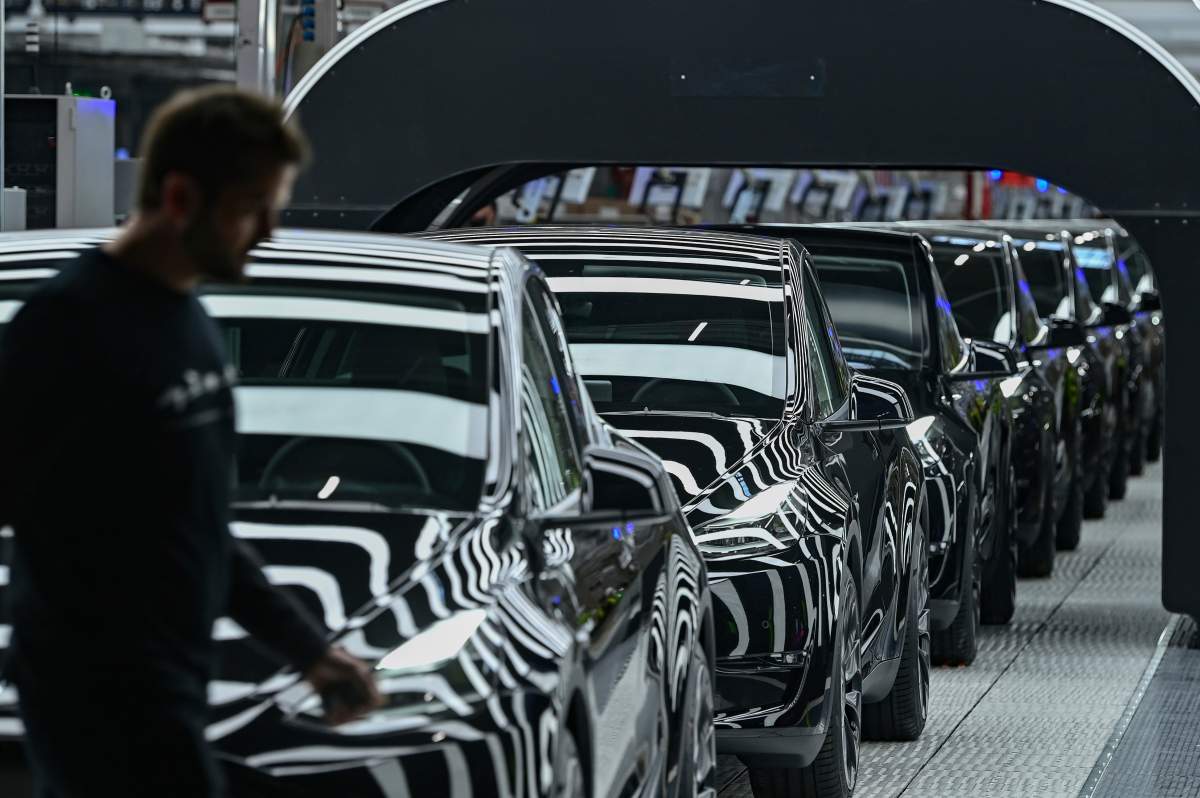Canadian automakers say the dollar value of an existing federal incentive for consumers who purchase electric vehicles will need to triple in order for the Liberal government to be successful with its ambitious new EV sales mandates.

In its sweeping new emissions reduction plan tabled this week in the House of Commons, the government said it will require 20 per cent of all new light vehicles sold in Canada to be zero-emission by 2026, and 60 per cent by 2030.
The government wants 100 per cent of new vehicles sold to be electric by 2036.
But Canadian automakers say it’s not yet clear if consumers are ready to make the switch at that sort of pace. In 2021, only 5.6 per cent of new vehicles sold in Canada were electric, according to the industry.
“The reality is there’s one simple driver of EV sales — and this isn’t just a Canadian story, it’s the same anywhere you look in the world,” said Brian Kingston, president and chief executive of the Canadian Vehicle Manufacturers’ Association. “It’s directly related to purchase incentives.”

Get daily National news
Kingston said B.C. and Quebec, the two jurisdictions that offer a provincial purchase incentive on top of an existing federal incentive for EV buyers, currently lead the country for electric vehicle sales. He added demand for EVs in Ontario fell significantly after Premier Doug Ford scrapped a provincial rebate program in 2018.

Currently, the federal government offers an incentive of up to $5,000 for the purchase of a new electric vehicle in Canada. While the emissions reduction plan released Tuesday said the government has plans to provide $1.7 billion to extend the incentives program, no further details were made available.
Kingston said his industry believes the amount of the federal incentive needs to increase to $15,000 to convince Canadians to make the switch to EVs.
He added he doesn’t believe government rebates will need to be permanent. As EV technology improves and the price of batteries comes down, Kingston said consumers will no longer need a financial incentive to buy them.
Kingston added the federal government will also need to improve charging infrastructure and educate consumers about electric vehicles in order to meet its targets.
“We sell the vehicles and build the vehicles. We know what it’s going to take. It’s going to take charging infrastructure and consumer incentives. And on both fronts, the government is surprisingly unambitious,” he said.
The emissions reduction plan released Tuesday said that the government plans to provide additional funding of $400 million for zero-emission vehicle charging stations, with the aim of adding 50,000 EV chargers to Canada’s network.
The Canada Infrastructure Bank will also invest $500 million in electric vehicle charging and refueling infrastructure.







Comments
Want to discuss? Please read our Commenting Policy first.